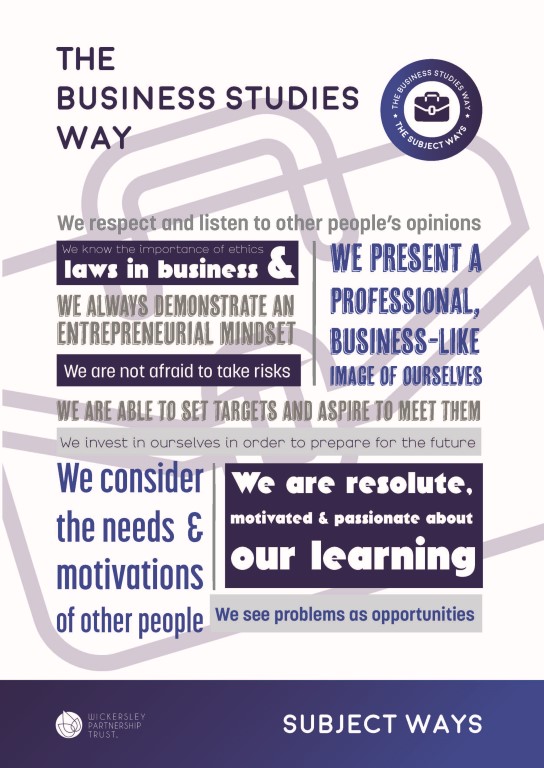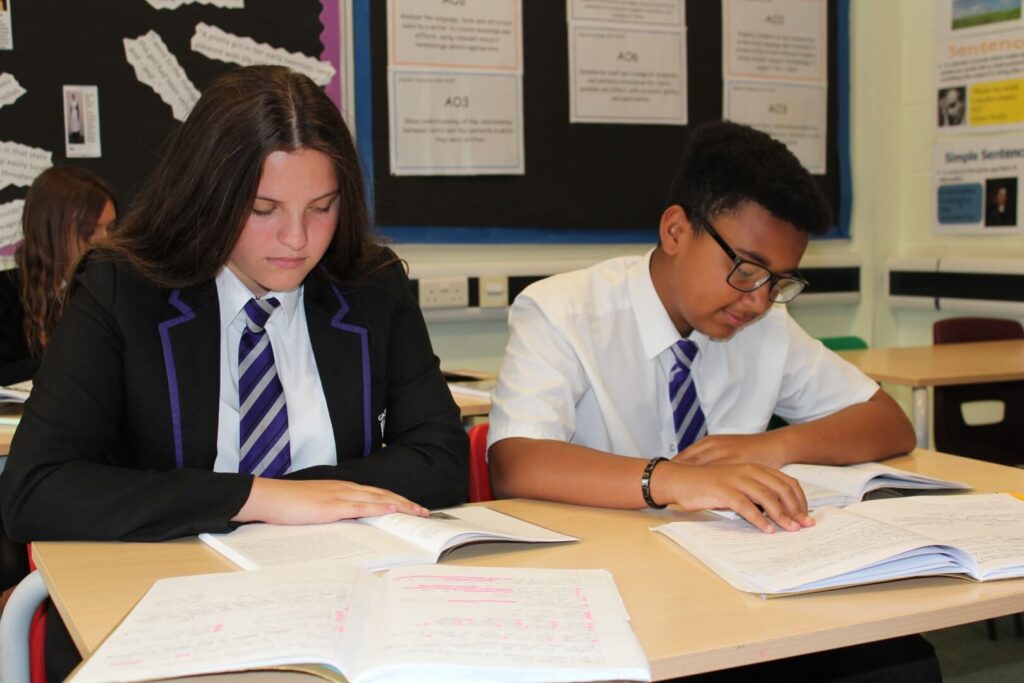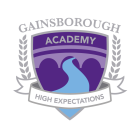Curriculum
Business Studies
Subject Staff
Mr Snaith
The Business Studies Way
Our subject has a ‘Subject Way’ at the heart of it. Our Subject Way is designed to help students become young subject specialists. The Subject Way has two main purposes:
Firstly, to teach students the vital skills they need to achieve their full potential and gain the very best grades they can. Secondly, to teach students how each subject relates to the wider world, incorporating the life skills they will learn.
It is our belief that knowing how what you learn links to the wider world, brings a subject to life and therefore improves overall understanding and engagement.

Curriculum Intent
The aim of the Business curriculum is to equip students with the appropriate knowledge and skills needed to develop their employability and identify business problems and opportunities. We encourage students to develop entrepreneurial Skills such as: Creativity, Risk Taking, Finance and Communication.
These skills are developed through the OCR Enterprise and Marketing Course. We do this by quality first teaching which ensures students understand underlying Marketing and Financial theory which students apply to a variety of familiar and unfamiliar case studies. We want students to be able to think analytically, reach logical conclusions based on data, and make judgements on future changes to markets and the economy. Our students are constantly introduced to a wide variety of viewpoints from some of the most influential entrepreneurs throughout history. We investigate the impact that their work has had on the world we live in and students are encouraged to make links between their studies and real life examples.
INTENTION 1 – The removal of barriers to learning
Students are able to develop the main skills needed to remove barriers in the Business Curriculum. The business course is a heavy theory course and students are tested on their recall and their ability to write and construct their answers in assessments. Literacy is therefore plays a strong part in the curriculum where students are taught the key terms for the subject. Numeracy skills are also needed in the Business Curriculum where students will learn about business finances and the different mathematical sums needed to work out business concepts such as Profit/Loss, Breakeven and Sales Revenue. Students will then be able to analyse these financial figures and make judgements and recommendations about the business using this Finance data.
INTENTION 2 – Developing skills for learning
Students are required to demonstrate key skills for learning in the Business Curriculum. These skills include: Creativity, Interpretation, Analysis and Evaluation. Students will demonstrate the ability to plan and design new products with the aim of marketing this new product to the public. Students will need to carry out a range of Market Research and analyse the results in order to identify “Gaps in the Market” and the needs of their potential customers, in order to market a success product. Students will need to be able to interpret and evaluate financial information in order to identify if their new product is financially viable.
INTENTION 3 – Fostering personal attributes
The curriculum allows the “School Way” to be be demonstrated in various ways. Students will need to be independent in running their own business project. They will need to design and pitch their business ideas to other students and members of staff. Like famous entrepreneurs students will need to demonstrate a degree of resilience being able to identify issues with their ideas and make changes to their approach in order to be successful. Students will have to develop communication skills this will be done through pitching their business proposal to their peers.
INTENTION 4 – Enriching student experiences and broadening their horizons
Students will have various opportunities to broaden their horizons over the course of the Business Curriculum. Students will learn about famous entrepreneurs in history, understanding their successes and failures. Students will be able to see what skills are needed to run their own business or develop a new product to market. Students will learn about companies that have successfully marketed new or innovative products, including the ones that were not so successful.
Students will learn about how businesses operate including how businesses recruit and hire new employees, this will give students a wide range of skills and knowledge that they will be able to use when applying for their future jobs. Overall the curriculum gives students the knowledge and skills in order to set up their own business or to successfully design and market a business idea.

Curriculum
Key Stage 3
Using KS2 results, students are placed in sets on entry to school. Students have three 80 minute English lessons each week. The topics studied build on previous skill sets and develop in difficulty, as we start with a review of primary skills and build up to GCSE and A Level. The department uses regular assessments and ‘sticker tasks’ to assess the understanding that students have developed and address any misconceptions, thus allowing us to plan their next steps and meet their needs more effectively. Each assessment will be followed by a bespoke intervention task for each student, allowing them to work on and improve in any areas they may struggled with.
We have three driving themes which students will study and return to each year: Power, Relationships and Identity. From Year 6 rollover into Y7 and Y8, students will study five different texts writing skills and produce descriptions, narratives, articles, speeches and poems. The text choices are:
- The Boy at the Top of the Mountain by John Boyne
- My Sister Lives on the Mantelpiece by Annabel Pitcher
- Noughts and Crosses (the play) by Malorie Blackman
- Animal Farm by George Orwell
- Romeo and Juliet by William Shakespeare
Across Y7 and Y8, students have one lesson of Drama incorporated into every sixth lesson of English. As a vital part of developing students’ oracy skills, Drama and English specialists work together to build these links across our joint curriculum. This includes developing role play to empathise with characters from the texts, and effective presentational talk.
From Y9, students will then move to three blocks of thirteen weeks of study. Alongside the reading of these texts, students will return to previous writing skills in addition to writing letters and travel writing.
- A Christmas Carol by Charles Dickens
- A Gothic Anthology of extracts including Edgar Allen Poe
- Othello by William Shakespeare
Key Stage 4
All students have four lessons of English per week leading towards their two GCSEs in English Language and English Literature (AQA). Students have regular topic tests and these, alongside homework, allow staff to check the ongoing understanding of the students. The use of mock exams in Y10 and Y11 allows students to be comfortable and confident in an examination setting, as well as helping them to target their revision more effectively.
English Language
The English Language qualification consists of two examinations which assess students’ reading and writing skills. Across the two examinations, students read and comment on fiction and non-fiction texts from a range of time periods. The skills of retrieval, inference, analysis, evaluation, synthesis and comparison are essential aspects of the course. Students are also required to use these texts as inspiration to write creatively. Students are asked to write for different purposes, such as writing to describe, narrative, argue and explain. Students are assessed on their ability to write for purpose, use language, structure their writing and be accurate.
English Literature
The English Literature qualification also consists of two examinations, and students study texts across a range of genres. Our chosen Literature texts are Macbeth by William Shakespeare; An Inspector Calls by J.B. Priestley; Strange Case of Jekyll and Hyde by R.L. Stevenson; and the Power and Conflict poetry anthology. Students are therefore given the opportunity to read texts across different time periods and continue to learn about significant themes, some of which they have already encountered at Key Stage 3. Students learn to analyse writers’ methods, make interpretations, use evidence and link to wider ideas and concepts.
Our Curriculum
In Year 9 students will be given the opportunity to study Business studies concepts and broaden their skills and knowledge. Students will have the opportunity to implement the theory content into small projects, allowing students to have a better grasp of the theory content.
The students will learn the following skills/knowledge over the course of year 9 curriculum:
- Students will develop skills needed to calculate and analysis business finances such as profit/loss, sales revenue, costs and breakeven.
- Understand the importance of Market Research and explain several different research techniques that can be carried out by a business.
- Understand the Product Growth model and be able to offer suggestions on how a business can make a product successful
- Understand the legal issues involved in running a business and how legislation can protect employees in industry.
In Year 10 students will continue to cover the Theory Aspects of the course. Students will also start the first unit of Controlled assessment. The R068 Unit – Design a Business Proposal. In this unit of work students will need to design a product based on market research they have gathered from their potential customers. Students will also need to look at the financial implications of making their product and outline the potential risks of marketing the product they have designed.
The students will learn the following skills/knowledge over the course of year 10 curriculum:
- Demonstrate the ability to evaluate different Market Research methods and carry some of these methods out as part of the controlled assessment
- Using the Market Research identify a “Gap in the Market” and design your own product that could be successful when marketed.
- Understand the Product Development and Growth model and provide suggestions on how to make your product successful.
- Understand the risks and financial issues that could be caused from developing your product.
In Year 11 students will complete the final unit of the Enterprise and Marketing course. Students will also use this year to resit the exam component or improve and resubmit the previous controlled assessment units.
R069 – Market or Pitch a Business Proposal – Students will learn how to successfully market their product/business they developed in the R065 Unit. Students will have the opportunity to present their business proposal in an assessed business pitch.
The students will learn the following skills/knowledge over the course of year 11 curriculum:
- Students will develop presentation and communication skills being able to perform a sales pitch of their business to their peers and staff.
- Students will learn how to create a brand and demonstrate a knowledge of Marketing techniques that can be used by businesses
Find out more
If you would like more information about our curriculum, please contact the school using the details on our contact page.
Our Subjects at KS4
CORE SUBJECTS
EBACC SUBJECTS
OPTION SUBJECTS


